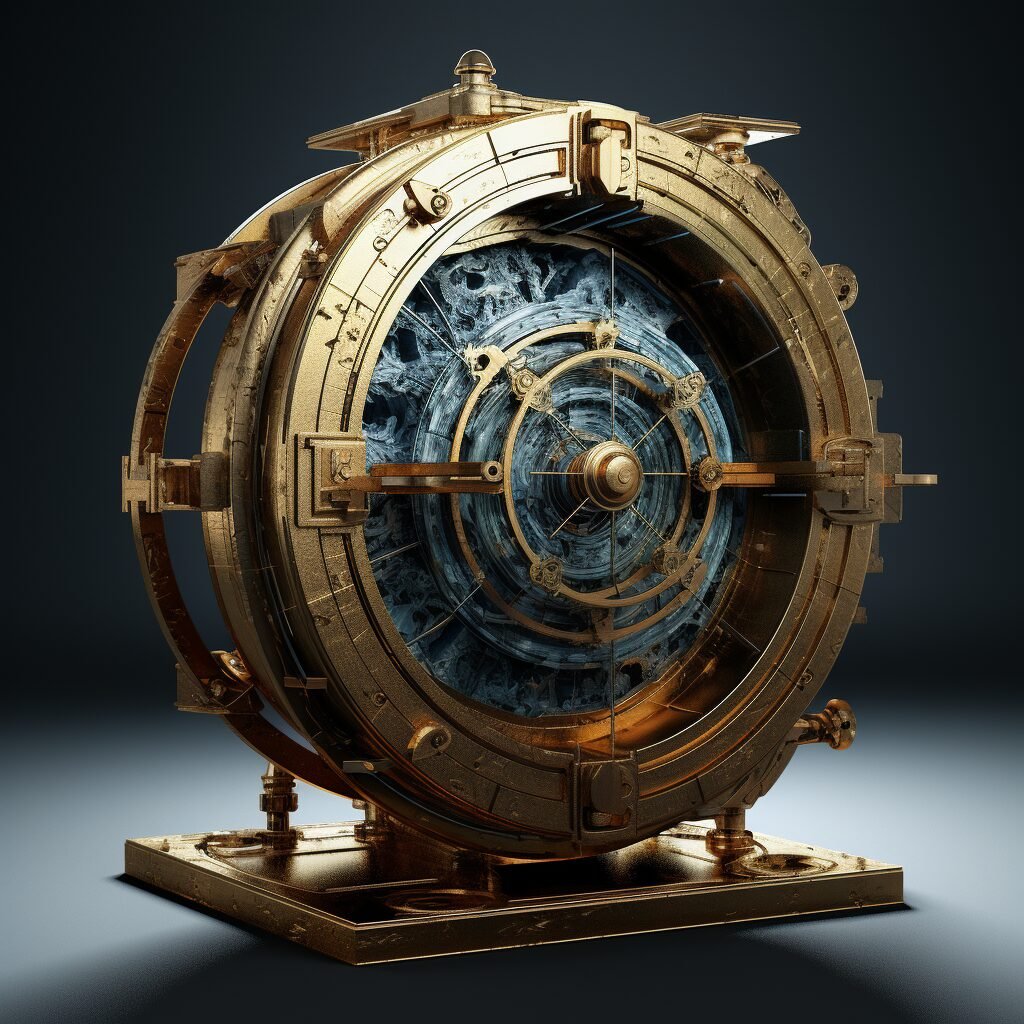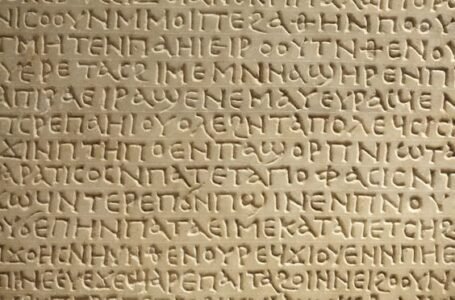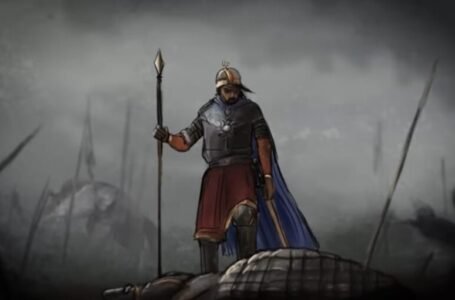#WorldOfMythologies : Greek Mythology the rule Titans
- European history mythology
 Shiwani Kumar
Shiwani Kumar- June 24, 2022
- 0
- 579
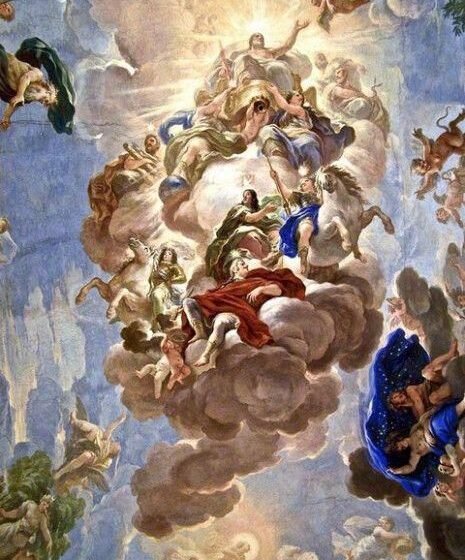
“All the superhero stuff is Greek myths and Greek gods, wearing tights and capes. That’s what they are. That’s what I gravitate towards.” is a famous quote by Louis Leterrier which tells us about the enduring facts that Greek mythology beholds for us. Greek mythology contains a plethora of unbelievable tales with stories that are beyond our comprehension. In the beginning, there was chaos and a yawning nothingness, after which the divine Gaia-the Earth was born. Greek religious myths are concerned with gods or heroes in their more serious aspects or are connected with ritual. They include cosmogonical tales of the genesis of the gods and the world out of Chaos, the successions of divine rulers, and the internecine struggles that culminated in the supremacy of Zeus, the ruling god of Olympus.
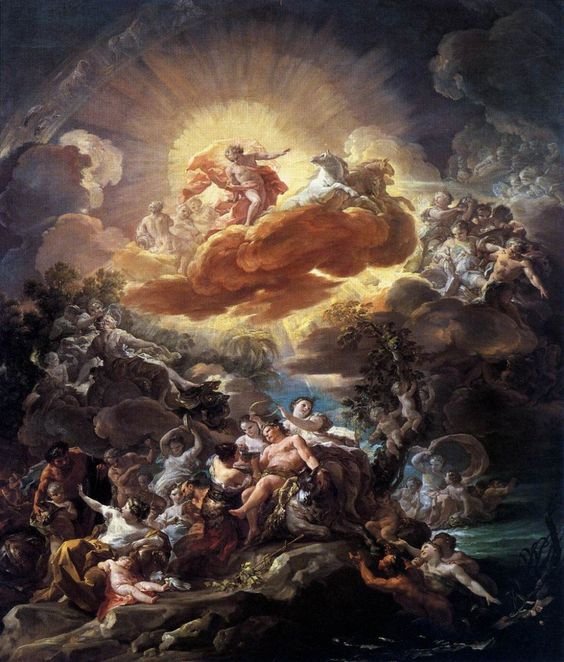
She and her child Uranus-the sky gave birth to the giants known as Titans. There were six males, namely, Cronus- the god of harvest, Oceanus- the god of Oceans, Hyperion- the god of light, Iapetus- the god of mortal life, Crius- the god of constellations, Coeus- the god of intellect and six females namely, Rhea- the goddess of fertility and generation, Tethys- the goddess of rivers and freshwater, Theia- the goddess of sight, Phoebe- the goddess of prophecy and oracular intellect, Themis- the goddess of divine law and order and Mnemosyne- the goddess of memory.
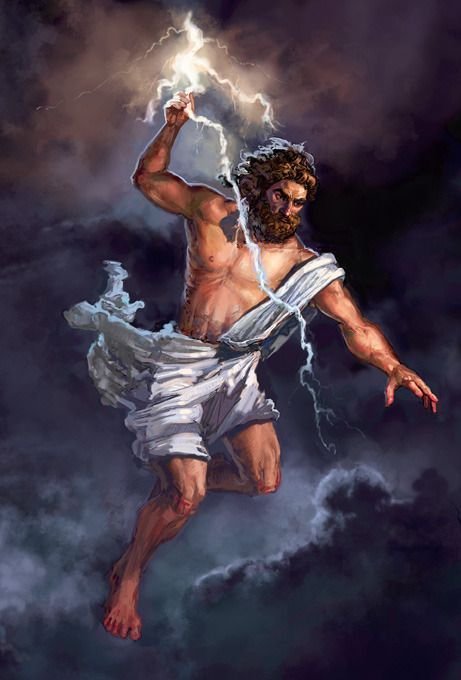
Then, two of the twelve Titans, Cronus and Rhea married each other and gave birth to the six children as Cronos set himself up as the king of heaven. Then two of the six children, Zeus and Hera married each other and gave birth to six children either through each other or parthenogenesis. Both these generations of gods are known as the Olympians as they resided on Mount Olympus.

The twelve Olympians are, namely, Zeus- the god of the sky, Hera- the goddess of marriage, Hestia- the goddess of the hearth, Demeter- the goddess of agriculture, Poseidon- the god of the sea, Athena- the goddess of wisdom, Apollo- the god of the sun, Artemis- the goddess of the hunt, Ares- the god of war, Aphrodite- the goddess of beauty, Hephaestus- the god of blacksmiths, craftsmen, artisans, sculptors and fire and Hermes- the god of boundaries and travelers. The most famous generation of deities of the Greeks were the Olympians. The strongest and the most important god was the Olympian Zeus-the sky god who uses lightning as a weapon. He is regarded as the father of Greek heroes and the progenitor of numerous Greek gods.
The source of the myths about the origin of the gods and the stories of great heroes is the Theogony of Hesiod. This comprises the folktales, etiological tales, and the epic poem Work and Days. The most famous and notable works of Greek mythology are the epic poems Homer: the Iliad and the Odyssey.

The ancient Greek civilization is one of the most brilliant civilizations in the World. During the “Greek dark ages” people lived scattered throughout Greece. Then the city-states called poleis started being developed and civilization took place. Each city-state is said to have been protected by a particular God or Goddess. The history of ancient Greece can be classified into four major divisions, The Archaic period was when the key features of the civilization began to emerge and it was from about 800 BC to 480 BC. Classical Greece flourished during the period of the Persian wars which was from 499 BC to 449 BC. Then came the Golden Age of Athens starting from 449 BC to 431 BC. Then was the classic era that was between the 5th century to the 4th century BC.
Greek civilization was a period of political, philosophical, artistic, and scientific achievements. Drama, music, literature, and other forms of expression are gifts from the Greeks. The Greek myths illustrate a powerful moral message that emphasizes the distinction between right and wrong and between the strong and weak. Some of you must have watched some of their Mythological characters in “Wrath of Titans.”
